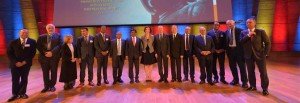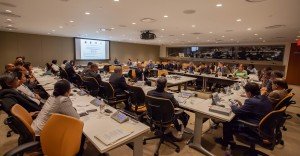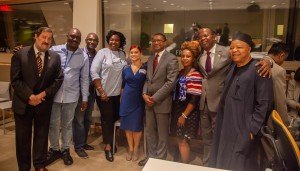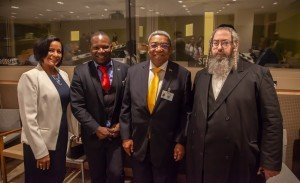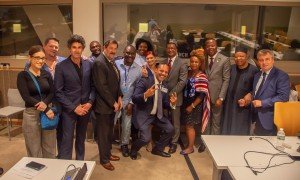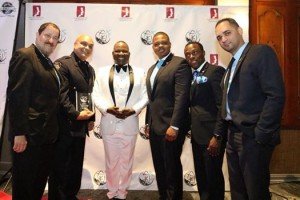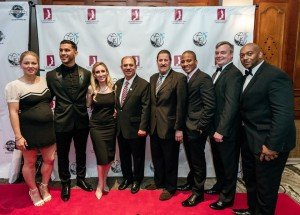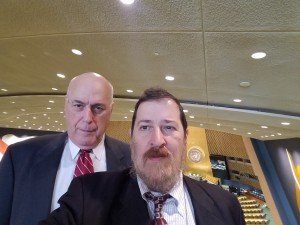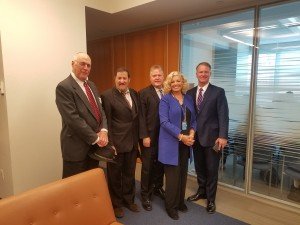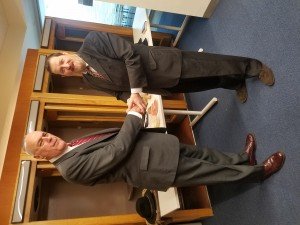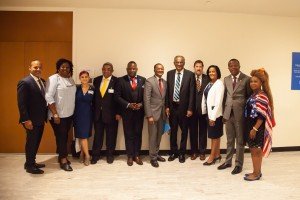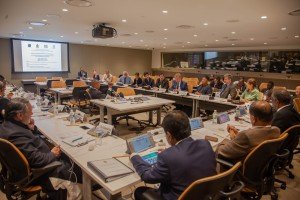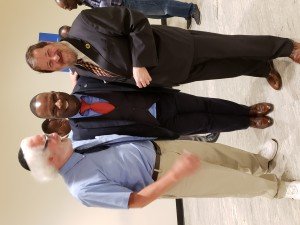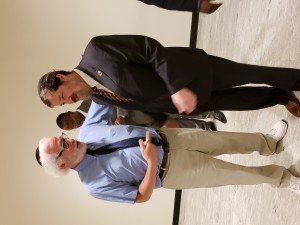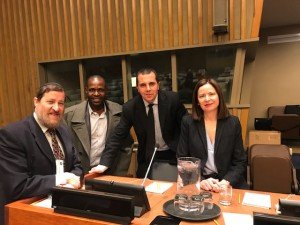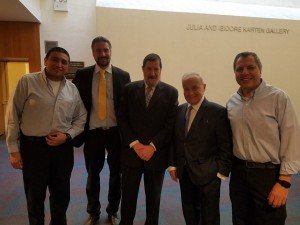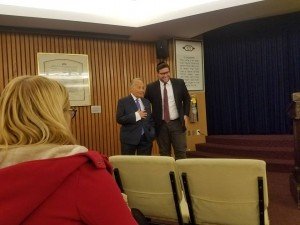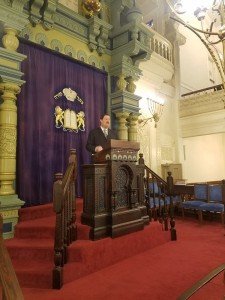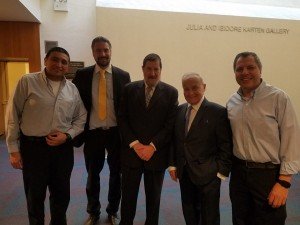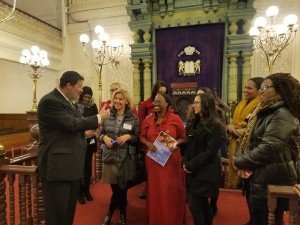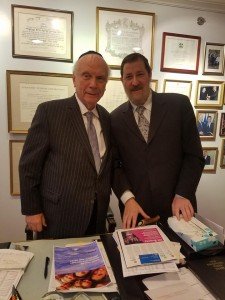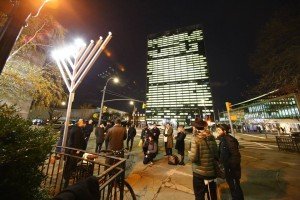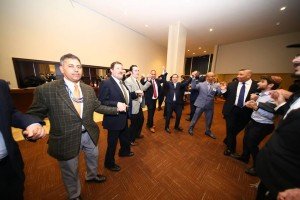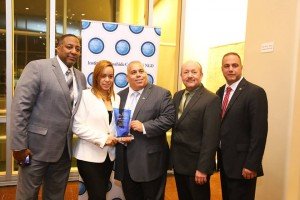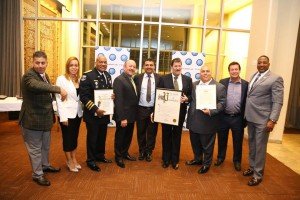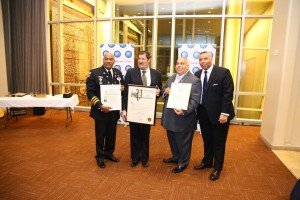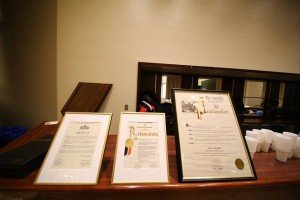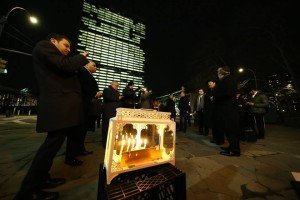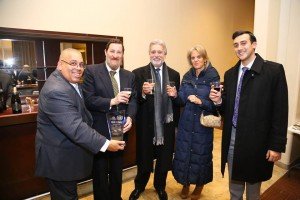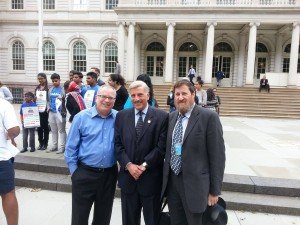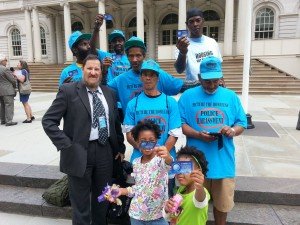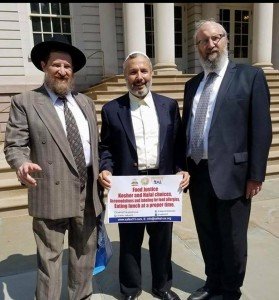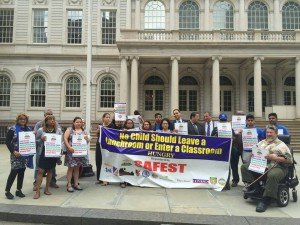The Role of Religious Leaders for Building Peaceful and Inclusive Societies and Combating Violent Extremism The Institute of Noahide Code , ICD Academy for Cultural Diplomacy Germany













Invite you to hear from world leaders on Peace.
9 20, 2017 9:45- 12:00 AM
Chabad upper east side NY NY
417 E 77 st NY NY 10075 USA
Wishing you a Sweet New Year!!!
www.Noahide.org
http://www.ccds-berlin.de
http://www.chabaduppereastside.com
The Universal Noahide code (UN) in UN HQ..
The Institute of Noahide Code INC proposes a strategic alliance with the United Nations post 2030 agenda to promote the codification into national legislation of the United Nations resolutions on the culture of peace, environmental ethics and social justice. The Institute of Noahide Code recruits parliamentarians from all United Nations member states who share the goal of implementing these United Nations resolutions into national legislation by providing model draft legislation, initiating workshops and conferences and creating alliances with religious leaders, media and academic leaders and business executives who support and supplement the legislation by teaching, publicizing and putting into practice the “global ethics” inherent in these United Nations Resolutions.
It is proposed that the strategic alliance with the United Nations be expressed through the filing of the relevant national legislation and parliamentary sponsor in the data base of the Department of Legal Affairs in the office of the basis for international law, serves to inspire the codification, legislation and implementation of these global ethics which are inscribed in contemporary society by the United Nations.United Nations Secretary General and an annual assembly on LEGISLATING FOR GLOBAL ETHICS to be held at the UN General Assembly to report and encourage further progress towards this goal. The Noahide Code, which, according to Hugo Grotius, forms the base of international law.
The project of The Institute of Noahide Code addresses the root causes which affect the development of peace and democracy worldwide. Nowadays, in a war-torn world like the one we are living, the need of a universally accepted code among the nations is vital to bring peace to countries and communities in conflict, but also in the everyday life of each individual
The majority of the conflicts around the world have been triggered by religious issues, lack of natural resources and ethnic reasons. These three main causes have devastating effects on all the people involved and especially the vulnerable ones (children, women and the elderly) who daily experience cruelties, violence, abuses, tortures and death. To better understand this context, it is sufficient taking a look at some geopolitical scenarios like Central African Republic, Democratic Republic of Congo, Mali, Nigeria, Syria, Somalia, Ukraine, and also very recently and devastatingly so, Iraq, among others.
Here in the United States we have seen the arbitrary killing of unarmed civilians, by armed police officers. One of the cases that comes to mind is a man whose only affirmation was, “I can’t breath”, and yet, he was choked to death. Another recent case that comes to mind and is painful just happened when a man beneath a car, trying to show his driver’s licence had four bullets pumped into him.
Terrorism also strikes a chord On the day of the Orlando massacre, the Jewish world commemorated what we know as Matan Torah, the giving of the Torah in Sinai. This holiday takes place on the 50th day from the moment the Hebrew nation fled slavery in Egypt. On 2016, as we celebrated the 2,2— years of the giving of the Universal Noahide Code where human kind is clearly commanded to “respect life”, i.e., do not assassinate, a man took the lives of 49 unarmed civilians, he becoming the 50th to die that day.
Humanity has a shared burden no matter where we live.
And humanity has a common solution, which is the Universal Noahide Code which encompasses all religious, political and legal spheres no matter what land we hail from.
The Universal Noahide Code was given as Torah also was, in Mount Sinai. There are recollections of the entire barren landscape of the dessert blossoming when the world was given these laws. Nature was stirred by the possibility of peace, as these laws set forth peace between man and is Creator, man and his fellow human being.
It was the beloved 26th President of Mexico, Benito Juarez, who proclaimed: “El respeto al derecho ajeno es la paz”, respect for others’ rights is peace.
The United Nations on the 10th December 1948 signed the Universal Declaration of Human Rights, and I propose that the Universal Noahide Code is reflected in the spirit of a document which recognizes the rights of human beings. I further propose that the Universal Noahide Code deals with the responsibilities of the individual.
To believe in One G-d, is to recognize The Being Who out of Love, created this world. We are commanded, all human beings, not to adore idols.
To respect G-d and to praise Him, is to speak kindly of the Being Who sustains the world, for the good of humankind
To respect human life, is to acknowledge that we are created as brothers and sisters, and that each one of us carries a divine spark. We are vessels of the Divine.
To respect marriage, is to respect the cornerstone of the society which is the family. We respect the young, the old, the weak and infirm.
To respect private property, is to lay the foundation of peaceful coexistence. We don’t take what is not ours.
To respect the life of an animal, to feed the animal even before we eat, allowing the animal to rest, is to respect life itself.
To create a judicial system is to bring order to society, to our villages, and provinces, the nations we hail from, as there is no peace without justice.
The former President of the Czech Republic, Vaclav Havel, stated in this United Nations, that his country had incorporated into its constitution, the Universal Declaration of Human Rights, as a means to guarantee its citizens, the enjoyment of freedom.
My intention as the founder and Director of the Universal Noahide Code is to call on all 193 nations that comprise this organization, to incorporate into their constitutions, the Universal Noahide Code. That the media and specially, the UN Radio and TV departments, promote this idea of responsibility of human beings first to their Creator, from where these Codes originate, and to their fellow human being.
The Universal Noahide Code UNC is above all politics, justice and religious systems and boundaries. But it can be a part of all political, justice and religious systems because its origin transcends that which is man made, and it is a Divine imperative of He, Who fashioned the moon, the stars and the infinite universe just that humankind would exist, for the beloved vessel of His, the human being. Peace is the goal. The vessel must be at peace, for the blessing to flow into it, and the Universal Noahide Code organizes the world in the manner shown by He, Who fashioned it.
Shalom. Salam. Paz. Paix Peace to you all…..
With gratitude and blessings,
Sincerely, I remain
Rabbi Yakov David Cohen
(UN NGO ECOSOC – www.Noahide.org)
https://www.youtube.com/watch?v=eicES_ppe3k
www.Noahide.org
https://www.youtube.com/watch?v=x7TfdV2rd3E&list=UUqLMfZw-nDl3zpMPDicTp0Q
https://www.youtube.com/watch?v=oreeqzyO-H8&list=UUqLMfZw-nDl3zpMPDicTp0Q
https://www.youtube.com/watch?v=nXFv1ttMjek&list=UUqLMfZw-nDl3zpMPDicTp0Q
https://www.youtube.com/watch?v=v6EZYqetrk4&list=UUqLMfZw-nDl3zpMPDicTp0Q
https://www.youtube.com/watch?v=ZclRc3ZECdQ&list=UUqLMfZw-nDl3zpMPDicTp0Q
https://www.youtube.com/watch?v=TTcTypL8Ejo&list=UUqLMfZw-nDl3zpMPDicTp0Q
https://www.youtube.com/watch?v=TITAXqBp_CY&list=UUqLMfZw-nDl3zpMPDicTp0Q





















